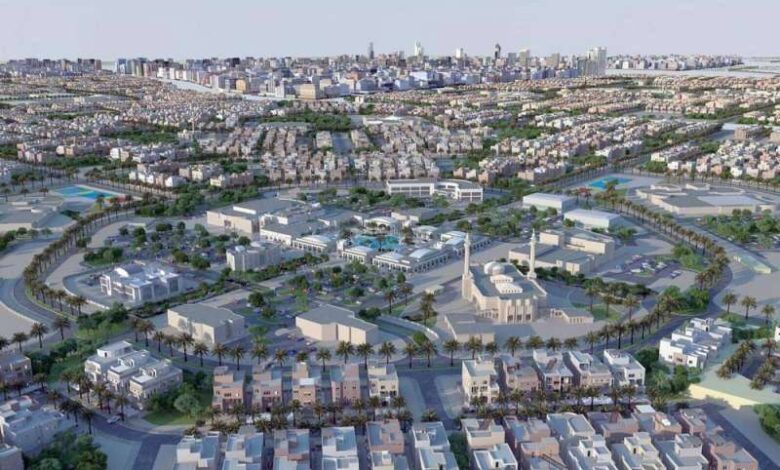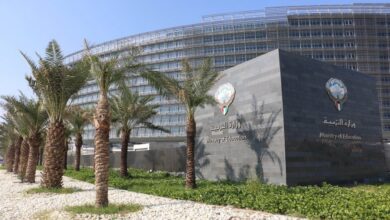
-
Prepared by Markaz’s Real Estate Investment Department in the MENA region, the report reviews the new law’s terms and assesses its expected impact on individual ownership of undeveloped residential land.
-
The Markaz’s report indicates that the “Land Anti-Monopoly Law” aims to prevent monopolistic practices by some merchants, which includes controlling the market by owning large land areas and leaving them unexploited for extended periods.
The Markaz has released a research report illuminating the impact of Kuwait’s new law aimed at curbing residential land monopolies. This effort is geared towards empowering investors to make informed decisions by offering valuable information and in-depth market analyses.
Prepared by Markaz’s Real Estate Investment Department in the Middle East and North Africa region, the report thoroughly reviews the terms and provisions of the new law. It also assesses the anticipated repercussions and responses stemming from the law’s goal to regulate individual ownership of undeveloped residential land.
The report reviews the expected reactions of landowners to the challenges imposed by the new law and the fees applied under this law. It also explores the expected changes in residential land prices, and their comprehensive impact on the real estate market in Kuwait.
Monopolistic practices
The Markaz’s report indicates that the “Land Anti-Monopoly Law” aims to prevent monopolistic practices by some merchants, which includes controlling the market by owning large land areas and leaving them unexploited for extended periods.
The intention is to sell these lands at a higher value due to the scarcity of allocated space for residential purposes. Starting January 2026, the law will impose an annual tax of 10 dinars per square meter on lands larger than 1,500 square meters designated for unbuilt private housing, whether owned by an individual or a legal entity, regardless of whether the plots are in one or multiple locations or projects. This fee will increase annually by 30 dinars until it reaches 100 dinars per square meter per year.
New fees
According to the Markaz’s report, landowners may consider transferring their lands to their children to mitigate the impact of the new fees. Since the law prohibits Special Purpose Vehicles (SPVs) from owning private property, landowners may opt to sell their land to avoid the new fees.
The report examines alternative strategies for navigating the new law, including selling land, retaining ownership while covering the fees, and establishing a minimum land area requirement.
The new law specifically targets owners of unused residential land exceeding 1,500 square meters after its implementation, excluding those currently possessing areas beyond this threshold. This approach may not adequately tackle the persistent housing crisis.
The report proposes alternative solutions, such as expanding land availability for construction or implementing new concepts like the joint ownership law, aimed at establishing separate housing units.
The report, released by Markaz, underscores its dedicated effort to keep investors and clients updated on key laws and government reforms. It aims to offer valuable insights into how these changes impact individual investors and the real estate sector in Kuwait and the broader region.
Additionally, it emphasizes Markaz’s team of experts’ approach to staying abreast of the latest market trends, sector developments, and contemporary laws.












